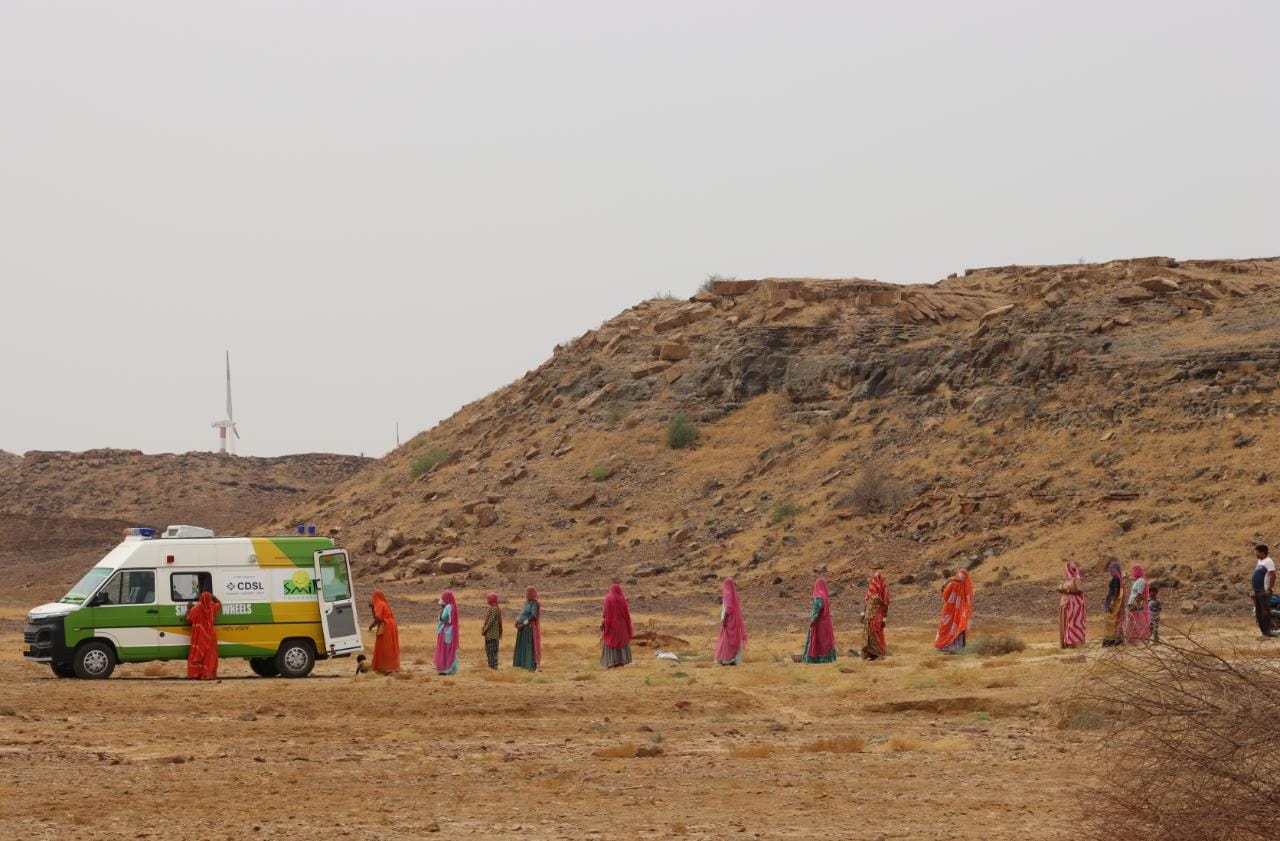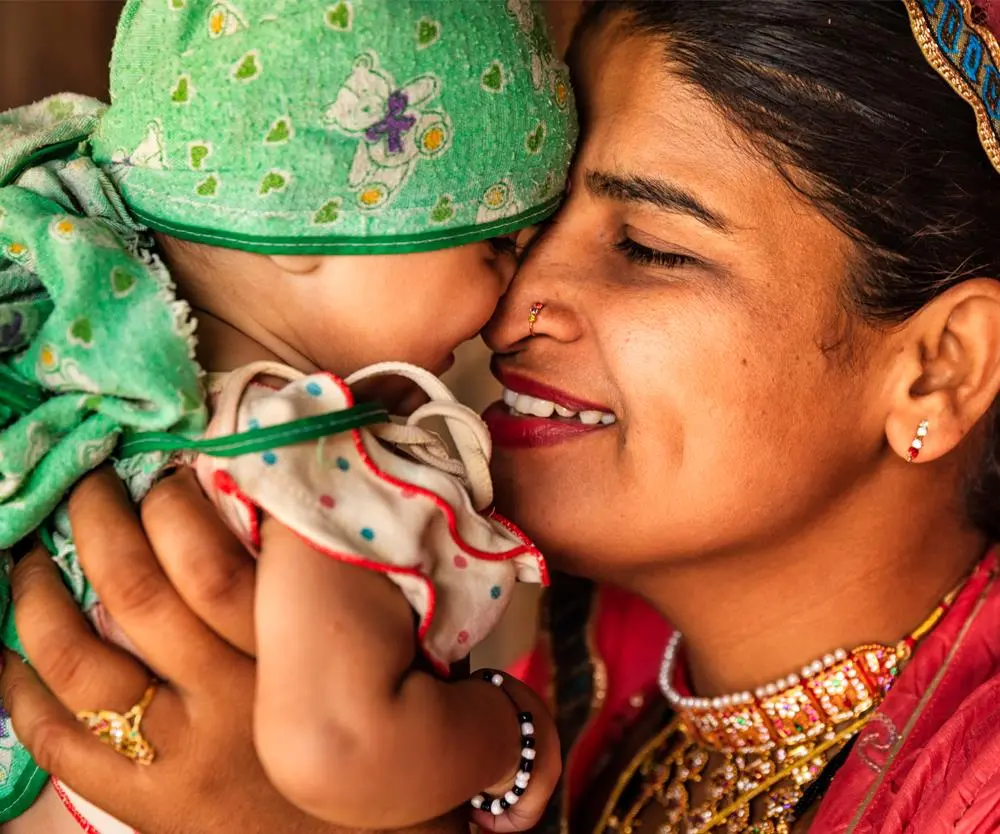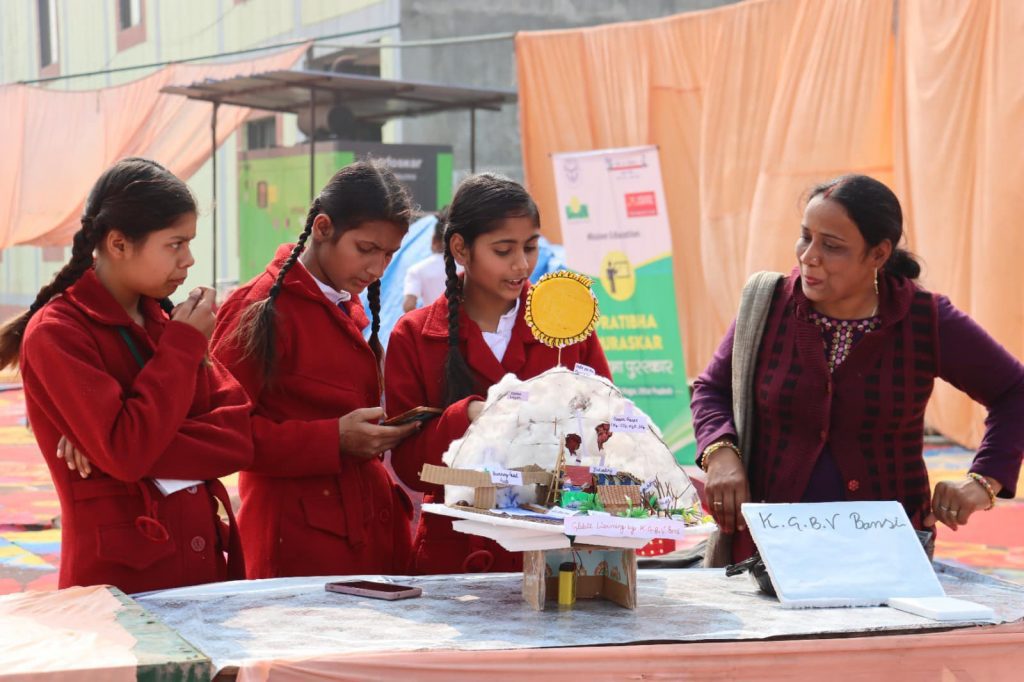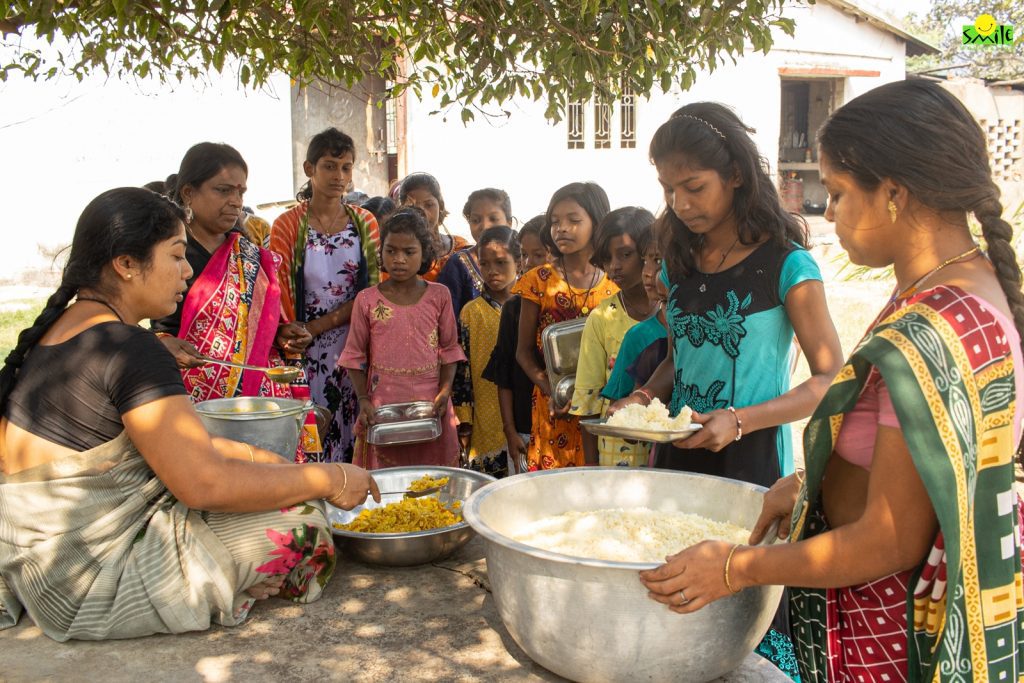Corporate Social Responsibility (CSR) initiatives have emerged as vital tools in strengthening healthcare services across India, particularly in rural and underserved regions. The urgency for robust medical support systems became more evident in the aftermath of the COVID-19 pandemic, highlighting long-standing gaps in accessibility, affordability, and infrastructure.
While many CSR efforts focus on education, women empowerment, and infrastructure, healthcare remains an essential domain requiring long-term investments. Disparities in health services persist across India, especially in remote villages where basic medical aid is scarce.
The State of Rural Healthcare in India
A healthy population is the foundation of a productive society. Yet, many parts of rural India face significant challenges including poor access to medical care, lack of awareness, and reliance on untrained providers. Issues such as high infant mortality rates, anaemia, low vaccination coverage, and inadequate maternal care continue to impact rural communities.
Cultural barriers and financial limitations further compound these challenges. Women in rural areas, for instance, often suffer due to the lack of maternal healthcare support and persistent stigma around reproductive health.
Corporate CSR Initiatives Making a Difference
Several Indian companies have integrated rural healthcare into their CSR missions. Notable efforts include:
- Tata Memorial Centre’s initiative in Punjab, offering advanced cancer treatment tools for affordable care to underserved populations.
- Greenply Industries Ltd’s healthcare project in Tizit, Nagaland, focused on improving access to medical services and promoting hygiene awareness.
These are strong examples of how CSR healthcare programmes in India are evolving to meet local needs through sustainable and community-based models.
Strategic Approaches to Rural Healthcare via CSR
1. Collaborate with Key Stakeholders
Corporates must align with local governments, nonprofits, and healthcare institutions to co-create impactful programmes. This multi-stakeholder approach helps design initiatives that are sustainable and locally relevant.
2. Strengthen Primary Healthcare
Allocating CSR funds towards primary healthcare can drastically improve outcomes. Focus areas should include nutrition, sanitation, hygiene, and mental wellness to encourage healthier living at the grassroots level.
3. Target Infrastructure and Medicine Access
Many rural clinics lack essential infrastructure, medical personnel, and life-saving drugs. CSR investments in upgrading facilities and ensuring medicine availability can significantly close this gap.
4. Train and Build Medical Capacity
Healthcare training initiatives for doctors, nurses, and frontline workers can be amplified through CSR. Collaborations with medical colleges and scholarship programmes can help address the healthcare worker shortage in rural areas.
5. Boost Preventive Health and Awareness
Awareness campaigns on hygiene, disease prevention, and immunization can create long-term behavioural change. Follow-up camps and community involvement should be integral for sustained results.
6. Enable Technological Advancement
Technology-enabled healthcare such as telemedicine and mobile clinics can bring medical services to the remotest areas. CSR funds can be used to invest in equipment, training, and tech infrastructure.
Making Healthcare Inclusive and Impactful
By strategically directing CSR resources toward healthcare, businesses not only fulfill their social responsibilities but also contribute to national development. As India’s healthcare needs continue to evolve, so should the corporate approach—focusing on innovation, collaboration, and measurable outcomes.
Health Cannot Wait: A Mission for Impact
Smile Foundation’s flagship healthcare programme, Health Cannot Wait, delivers both preventive and curative healthcare to the doorsteps of remote communities. It addresses affordability and accessibility challenges through mobile medical units and community health campaigns.
Our CSR partnerships with organisations such as GlaxoSmithKline Asia, HDB, and Wells Fargo have enabled us to serve thousands with quality healthcare services—especially those residing in rural and underserved parts of India.
With stronger CSR collaborations, we aim to reach more families in need and strengthen India’s healthcare ecosystem from the grassroots.










